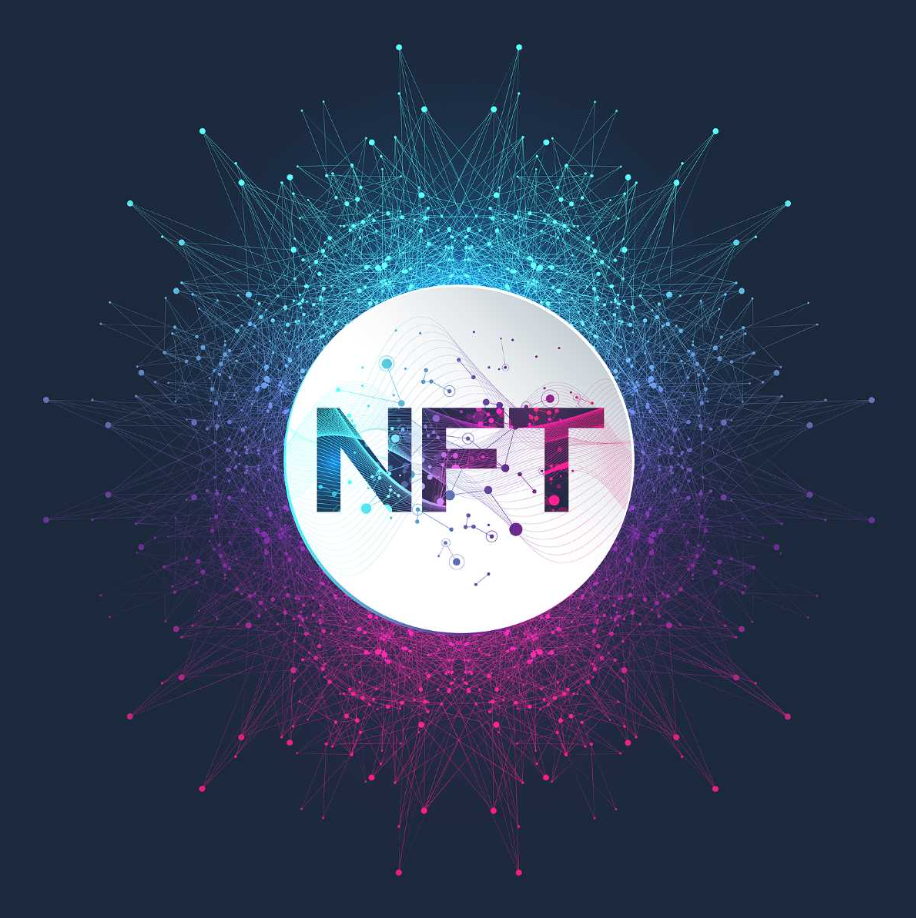In an innovative move that’s bound to change the way we think about Pokémon card collecting, blockchain technology company Polygon has collaborated with Courtyard to redefine how trading and ownership of these nostalgic pieces happen.
In a market inundated with fraudulent practices, Polygon and Courtyard have tackled the issue head-on by introducing a verification process on Courtyard.io. By providing a direct link between the digital version of the card and its physical counterpart, this partnership aims to re-establish trust within the community of collectors.
Courtyard.io operates on Polygon's robust blockchain infrastructure, offering features such as unparalleled security, legitimacy, and ease of use. Through the process of tokenizing physical cards into NFTs (Non-Fungible Tokens), collectors can easily trade cards without worrying about authenticity issues.
In addition to creating a secure environment for trading, Courtyard.io also introduces a passive income model. Collectors can earn a 1% commission on the sale and resale of their tokenized Pokémon cards, thereby providing an economic incentive for them to participate in the platform.
Courtyard.io is changing the game with its fee structure as well. Unlike traditional marketplaces, it has decided to waive submission, vaulting, withdrawal, and tokenization fees until 2024, a move likely to attract more collectors to its platform.
The partnership between Polygon and Courtyard marks a new era in Pokémon card collecting. Not only does it bring additional layers of security to the often uncertain process of trading collectibles, but it also provides lucrative opportunities for card owners. As the digital collectibles market continues to grow, this collaboration could serve as a blueprint for how tangible collectibles can be securely and efficiently tokenized and traded.







